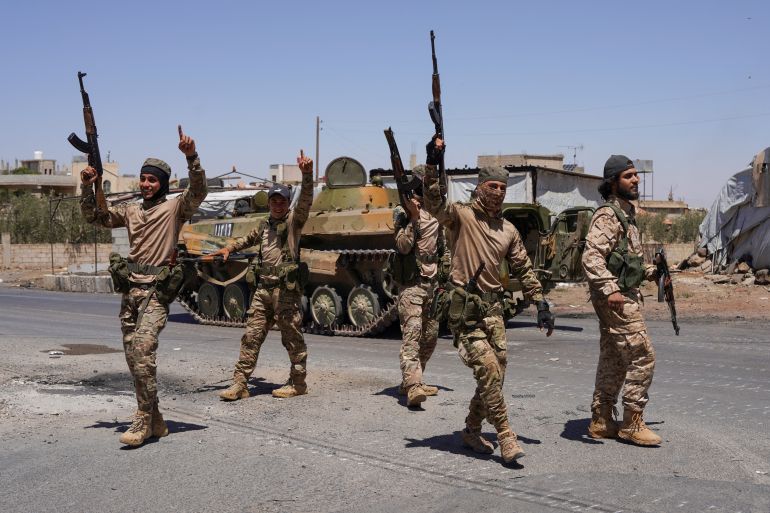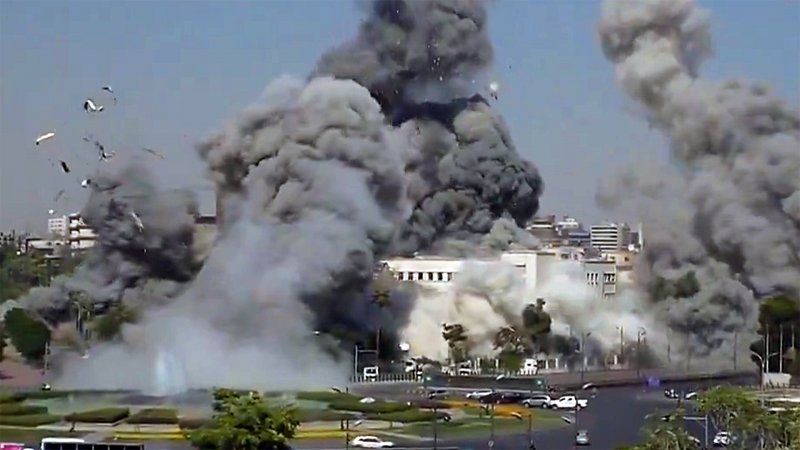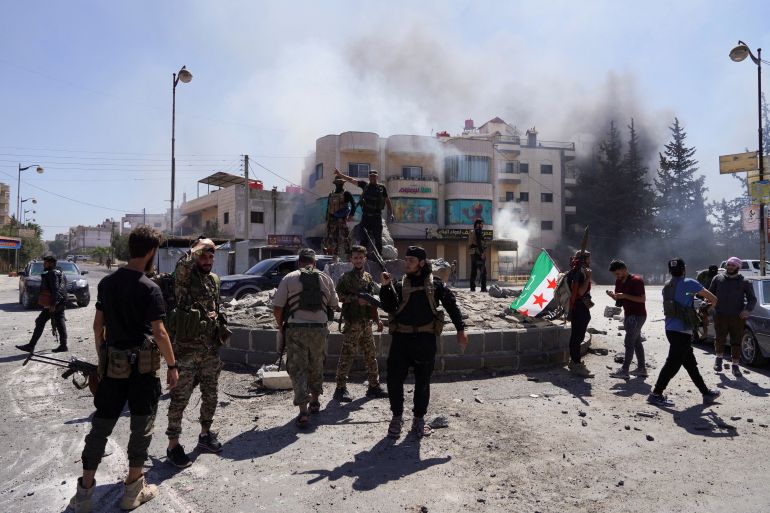Editor’s note: Russian military-political analyst, expert in the field of strategic security, specialist in the Middle East and Africa Vladimir Bekish. The article expresses the personal opinion of the author and may not coincide with the view of News.Az.
Shooting has erupted in Syria once again. And once again, people are dying, and military clashes are unfolding. This time, it’s once again the Syrian government and army facing off against the Druze community.
The violence began on Sunday, following the abduction of a Druze merchant on the Damascus–Sweida highway on Friday. Local sources report mounting tensions between Druze militias and Sunni Bedouin tribes. The city of Sweida quickly became engulfed in violence. According to local witnesses and observers, this was not simply a series of clashes — it was a wave of brutal killings and violence committed by both sides, Druze and Bedouin.
Two days after the conflict erupted, Syrian authorities deployed troops to Sweida to quell the unrest and suppress the shooting. However, as has happened before in similar circumstances, the government troops themselves became targets of attacks by Druze fighters. A military source stated that the operation was partially coordinated with local Druze factions, including the city’s spiritual council.
 Members of the Syrian security forces stand together after Syrian troops entered the predominantly Druze city of Sweida, Syria (Karam al-Masri/Reuters)
Members of the Syrian security forces stand together after Syrian troops entered the predominantly Druze city of Sweida, Syria (Karam al-Masri/Reuters)
But Sheikh Hikmat Al-Hijri, a controversial Druze leader who has consistently refused to reach any agreement with Damascus, remained defiant. He declined to negotiate, and his fighters, entrenched in residential areas, launched deadly ambushes. As is often the case, both sides accuse each other of atrocities and bloodshed.
“There were brutal confrontations,” said one Syrian security officer. “Hikmat Hijri’s gangs ambushed us multiple times. We lost dozens of soldiers. They are trying to divide the country.”
According to the UK-based Syrian Observatory for Human Rights, at least 116 people were killed in the initial wave of violence — a number expected to rise significantly as more bodies are recovered. Local hospitals are overwhelmed, and widespread power and water outages have worsened the humanitarian situation.
Residents speak of entire neighborhoods looted. “They stole phones, jewelry, electronics,” one witness said. “We even saw soldiers carrying razor blades in their pockets. They came prepared to humiliate.”
As of now, it appears that government forces and Druze factions have reached a temporary ceasefire. A curfew was imposed at 8 a.m. on Tuesday, with residents ordered to remain indoors. Nevertheless, sporadic gunfire could still be heard throughout the night.
Then came Israel’s involvement — as expected. In the Middle East, there’s rarely an armed conflict in which Israel is not at least present, if not directly involved.
On Monday, the office of Prime Minister Benjamin Netanyahu announced that Israel had ordered an immediate strike against Syrian forces in response to the government’s actions against the Druze population in Al-Suwayda. “Prime Minister Benjamin Netanyahu and Defense Minister Yisrael Katz have instructed the IDF to launch immediate strikes on Syrian regime forces and their weaponry deployed in Al-Suwayda. This constitutes a violation of the previously established demilitarization policy, which prohibits the deployment of troops and weapons in southern Syria, posing a threat to Israel,” the statement said.
The statement further emphasized that Israel’s response was motivated by “a deep fraternal alliance with the Israeli Druze community and their historic family ties with the Druze in Syria.”
The Israeli army acted swiftly. On the same day, the IDF struck Syrian military equipment near the city of Sayda. Israeli drones have since been monitoring the area in and around Sweida, including the access roads and military bases of Syrian troops.
 Israel strikes Syria’s Military Command in Damascus (Photo: Al Jazeera)
Israel strikes Syria’s Military Command in Damascus (Photo: Al Jazeera)
All of this is happening amid signs of limited interaction between Israeli authorities and Syria’s interim leadership—even as Israel continues its military operations in the Gaza Strip. Meanwhile, neither Iran nor Türkiye intends to stand aside. Both countries have condemned Israel’s attacks on Syrian forces in Sweida.
Reports also emerged from Washington stating that the administration of Donald Trump had requested Israel to cease its military actions against Syrian government forces in the south. In response, Israel reportedly agreed to halt the attacks by Tuesday evening, according to a statement from the Israeli government.
Israel’s compliance with Trump’s request is not surprising. Netanyahu is unlikely to risk a rift with Trump, especially given their united stance against Iran. Moreover, while the Druze situation holds some importance for Israel, it is not of strategic significance.
For both Israel and Trump, this moment is politically useful. It plays into Trump’s carefully cultivated image as a global peacemaker — a leader who stops bloodshed and wars around the world. And of course, both Trump and Netanyahu are no strangers to these very wars.
What comes next in Syria? The answer is, unfortunately, predictable. The opposing sides will pause, regroup, consult with allies, and prepare. They will wait…
And when the timing is right and a new pretext emerges, they’ll be ready — to once again remind everyone who’s really in control, or at least, who refuses to be defeated.
(If you possess specialized knowledge and wish to contribute, please reach out to us at opinions@news.az).
